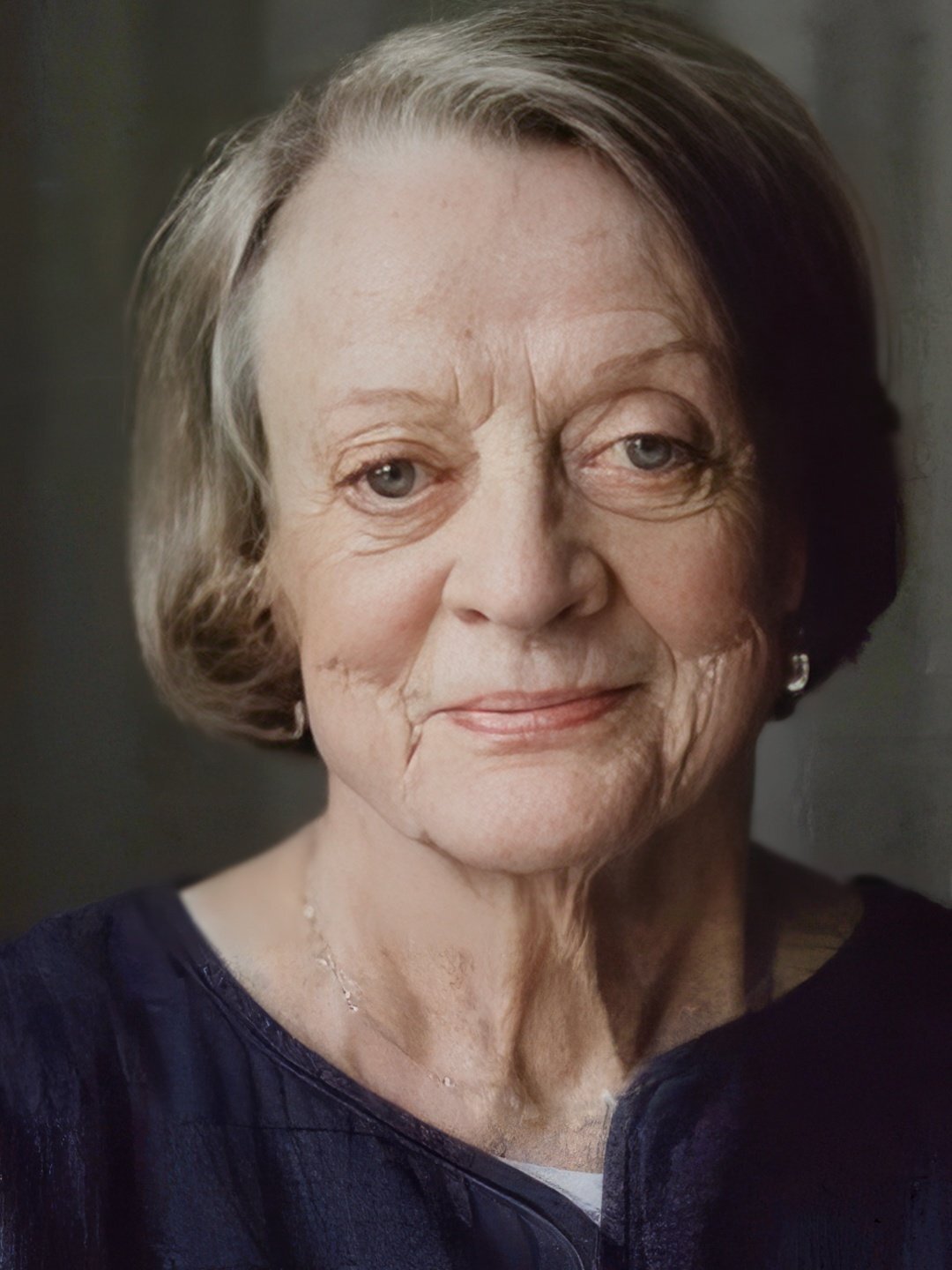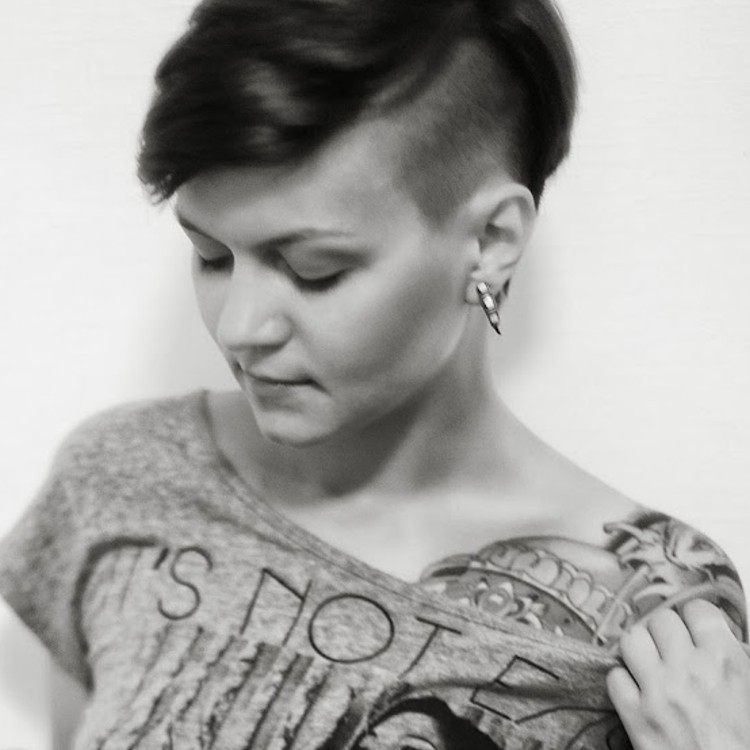Biography of Maggie Smith
Dame Maggie Smith was a legendary British actress whose remarkable career spanned nearly seven decades, earning her countless honors including two Academy Awards for her unforgettable performances in 'The Prime of Miss Jean Brodie' and 'California Suite'.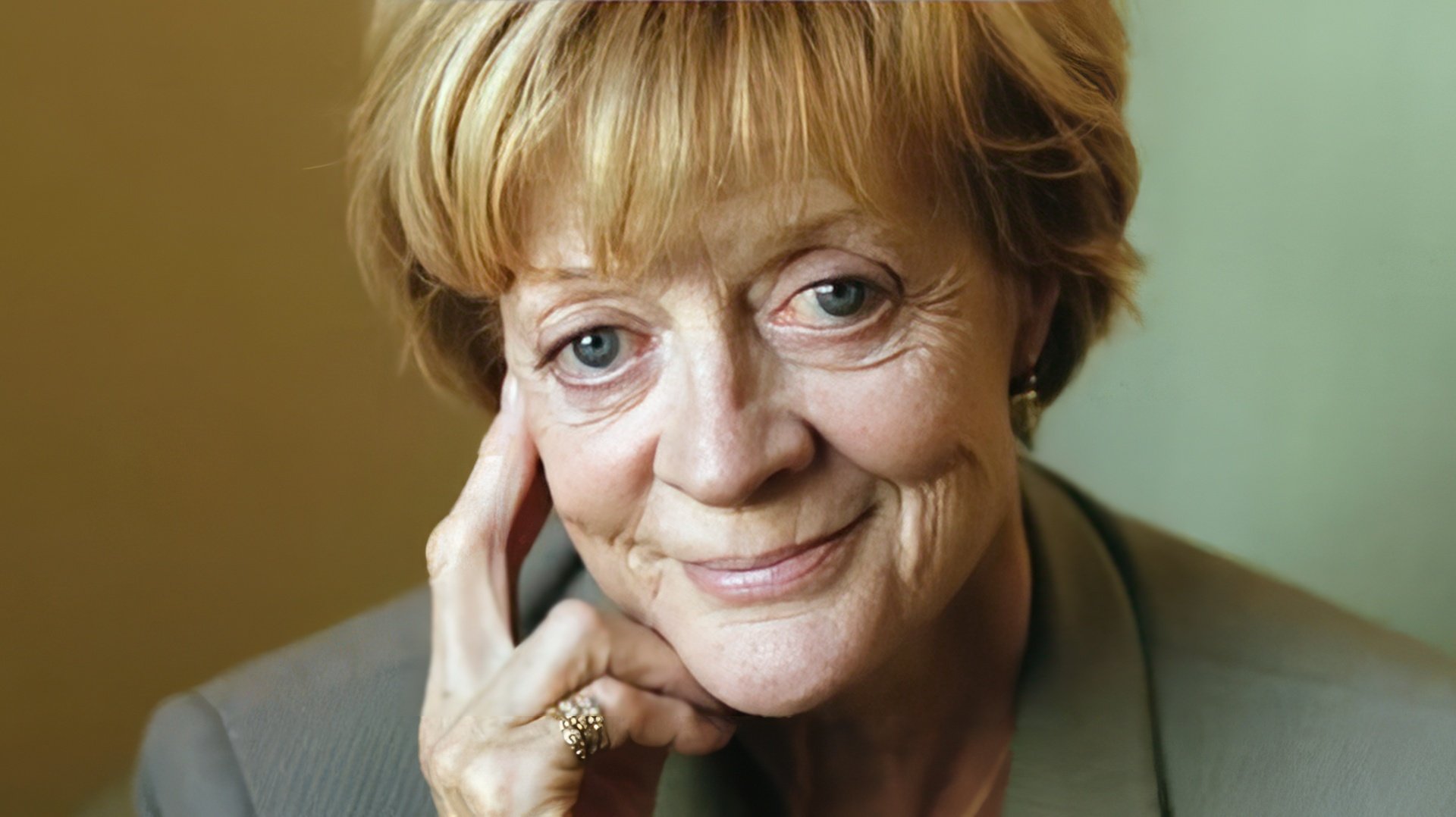
Early Years
Born Margaret Natalie Smith in winter 1934, Maggie was the beloved daughter of Nathaniel Smith and Margaret Hutton, who lived in Ilford, Essex. She grew up with older twin brothers, whom she fondly remembered in later interviews:Though her parents were well-educated, they didn't earn much money. Her father worked as a pathologist at Oxford University, while her mother worked as a secretary. They were what you'd call lower middle class.My brothers - twins, six years older than me - became architects. They were incredibly talented at drawing, and I think it was a mystery even to our parents where that came from. I have no idea why I chose the path I did. But Ian and Alistair opened my eyes to the world and convinced me it was an absolutely fascinating place.
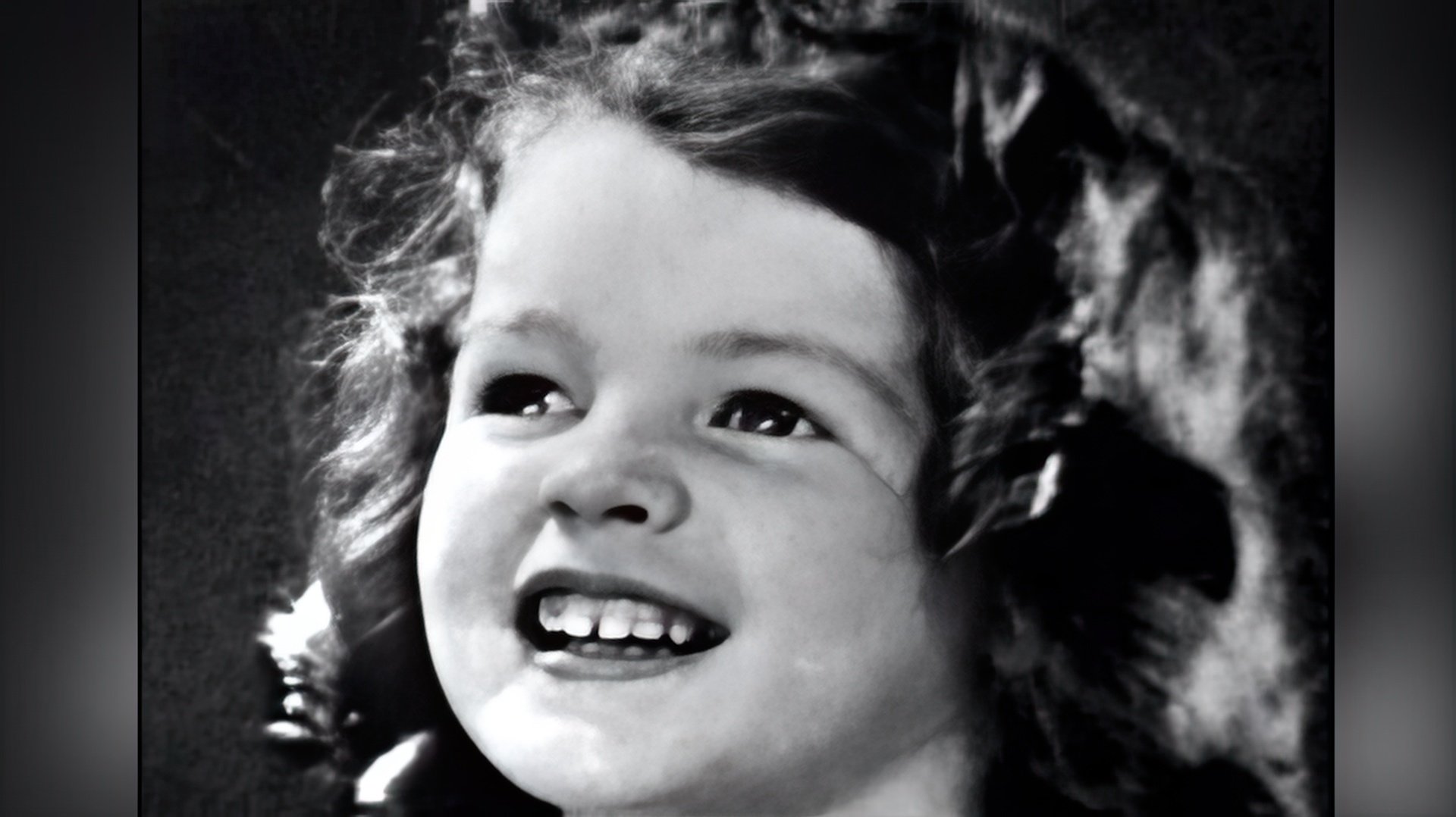
While at Oxford University, Smith also studied at acting school and quickly began performing in student theater. Her debut on the stage came in the form of Viola in Shakespeare's 'Twelfth Night'.Maybe that's why I started with comedy - I figured if you make people laugh, they won't care what you look like.
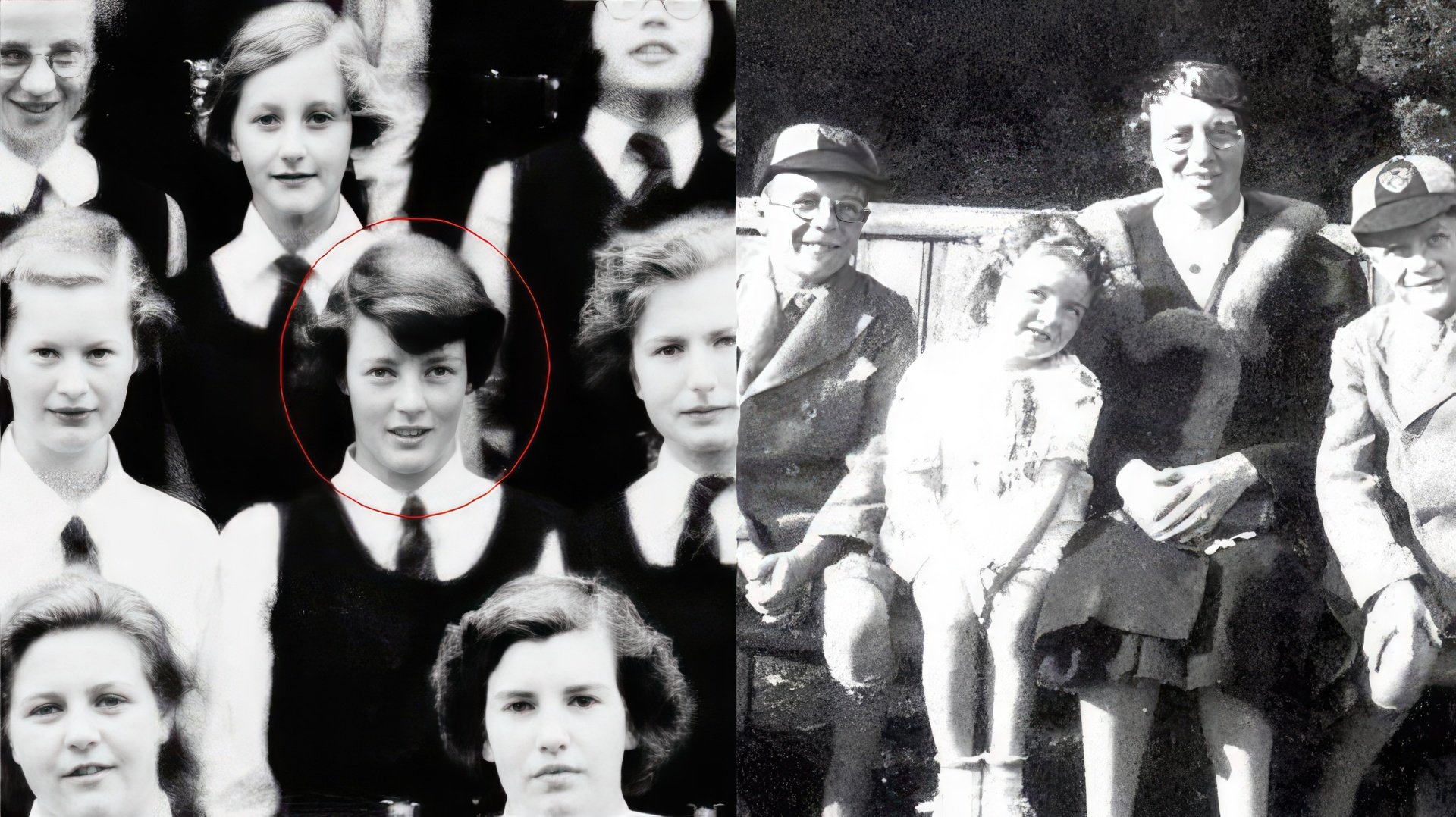
Acting Career
In 1953, Maggie made her professional debut at the Old Vic Theatre, later taking the stage at London's Royal National Theatre in productions of 'The School for Scandal', 'Cinderella', and 'Mary, Mary'. Theatre directors noticed that productions featuring the young actress were consistently successful with audiences, earning her the nickname 'the stage's talisman.'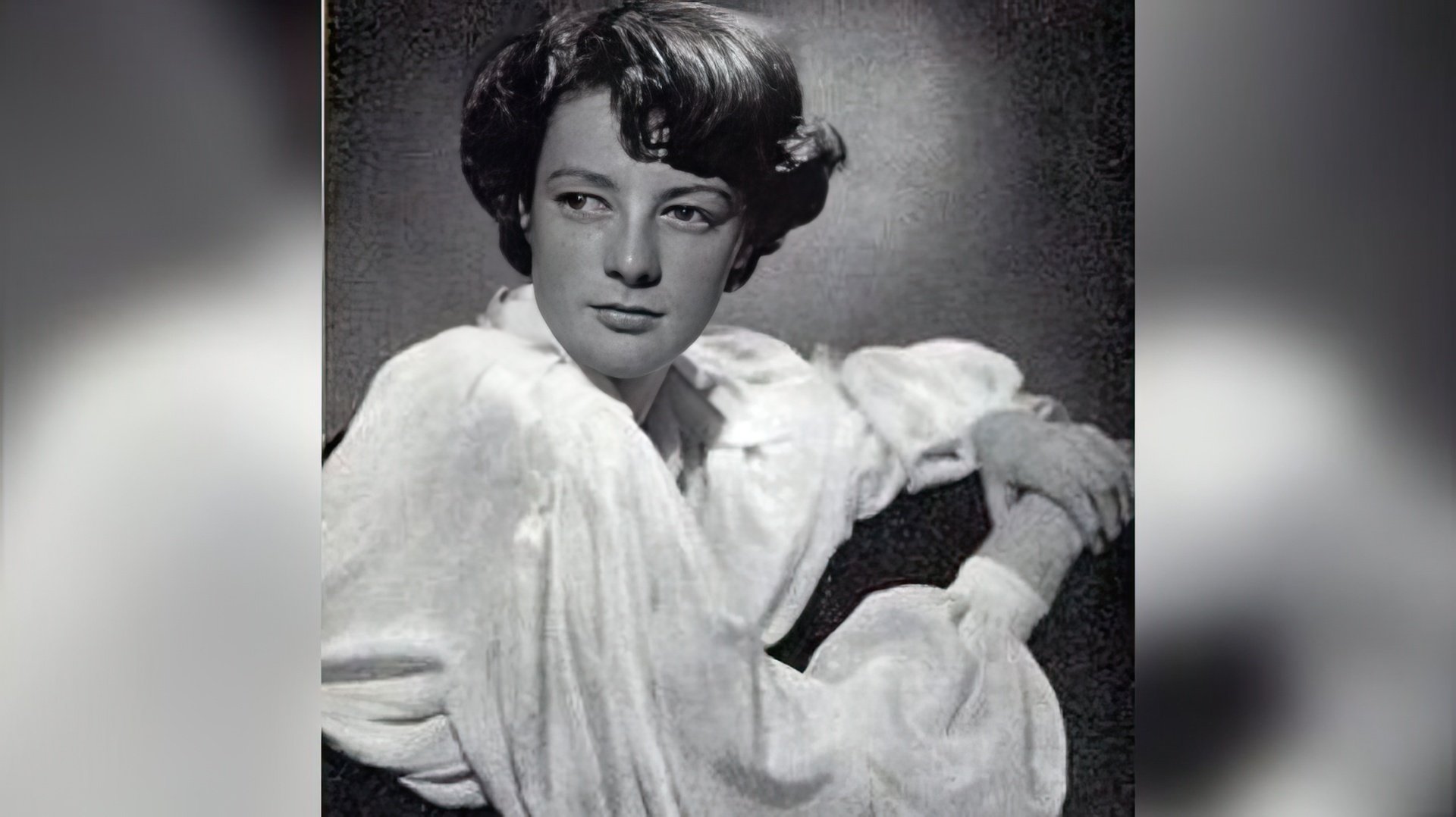
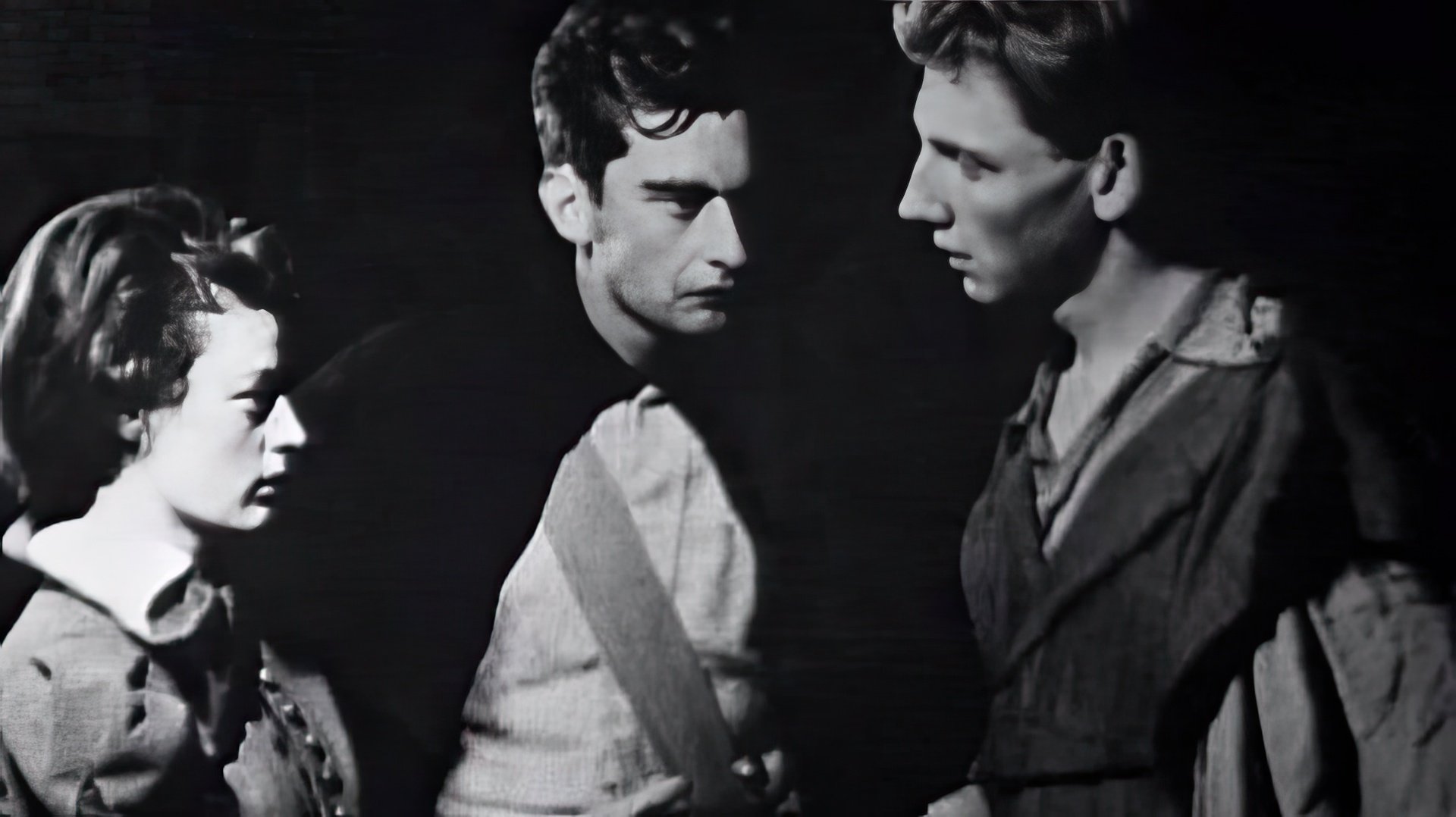
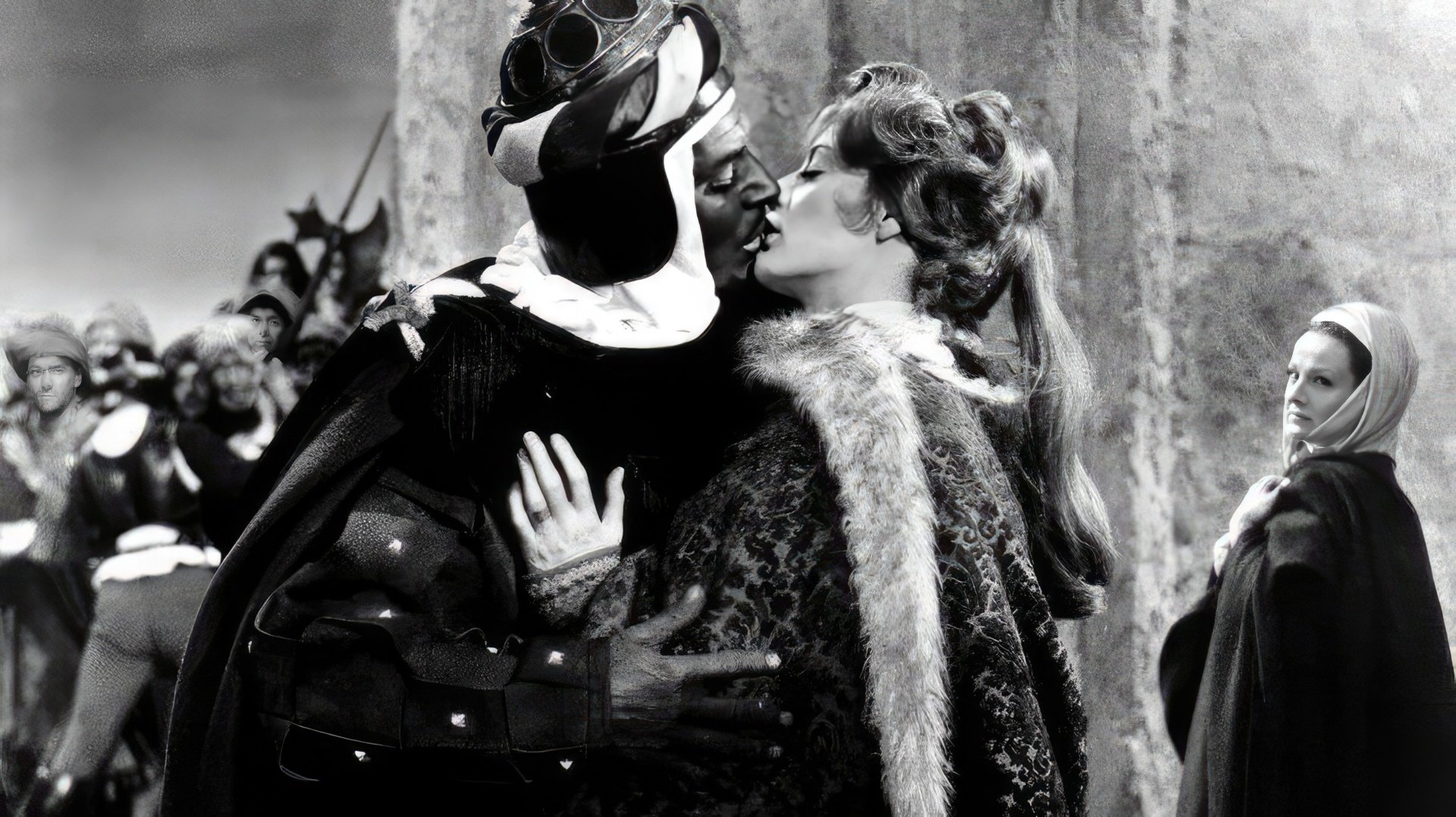
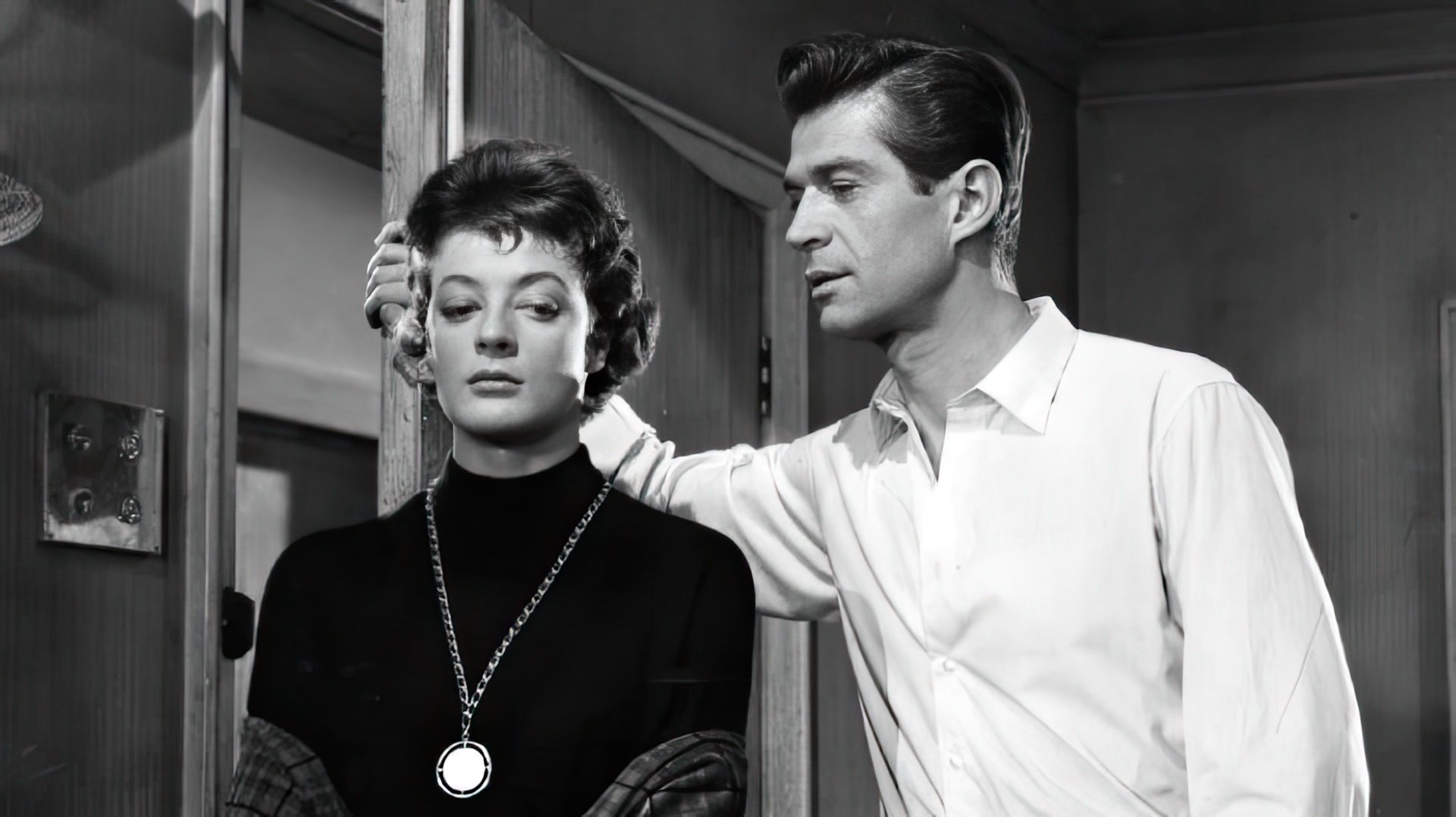
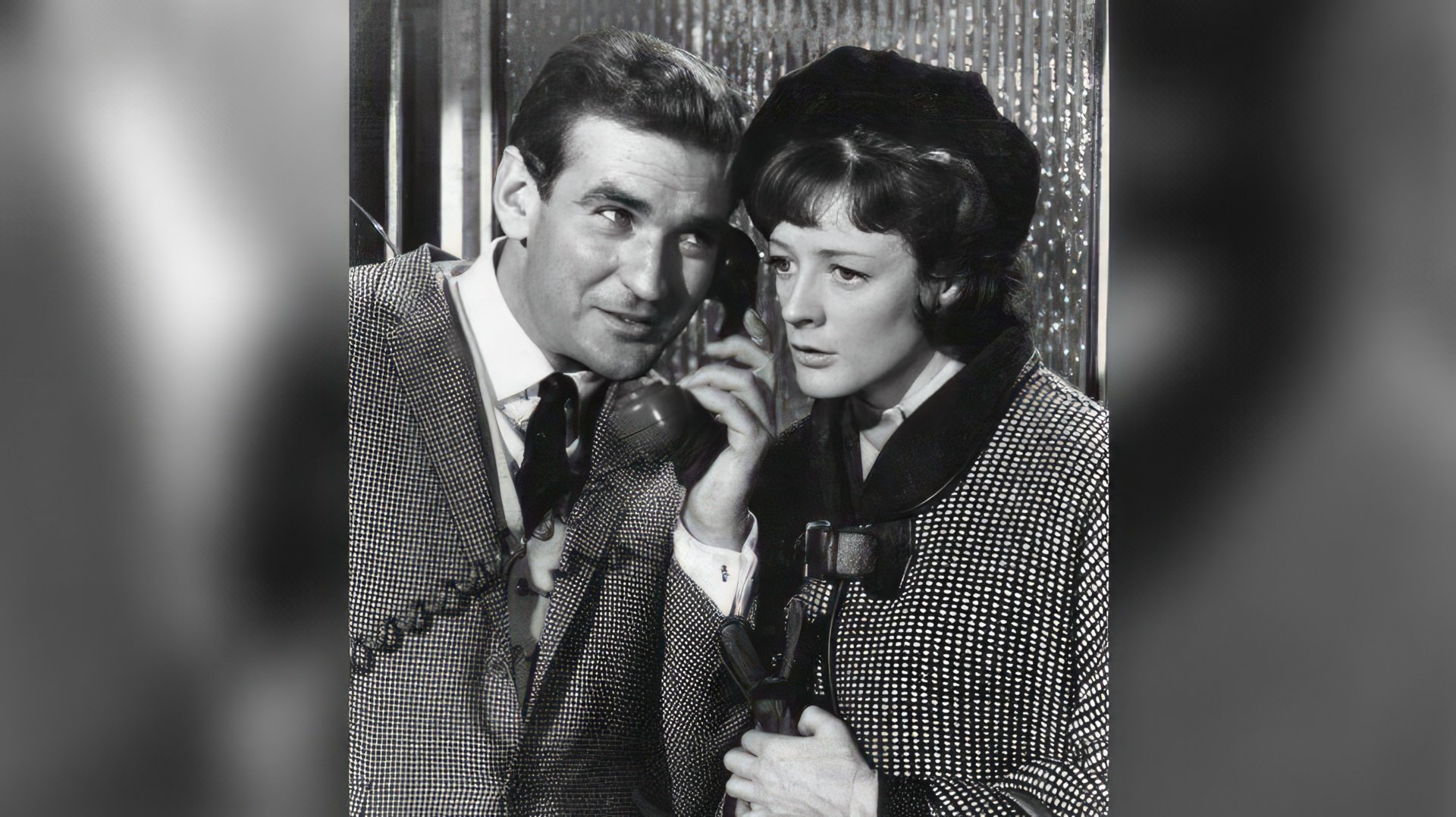
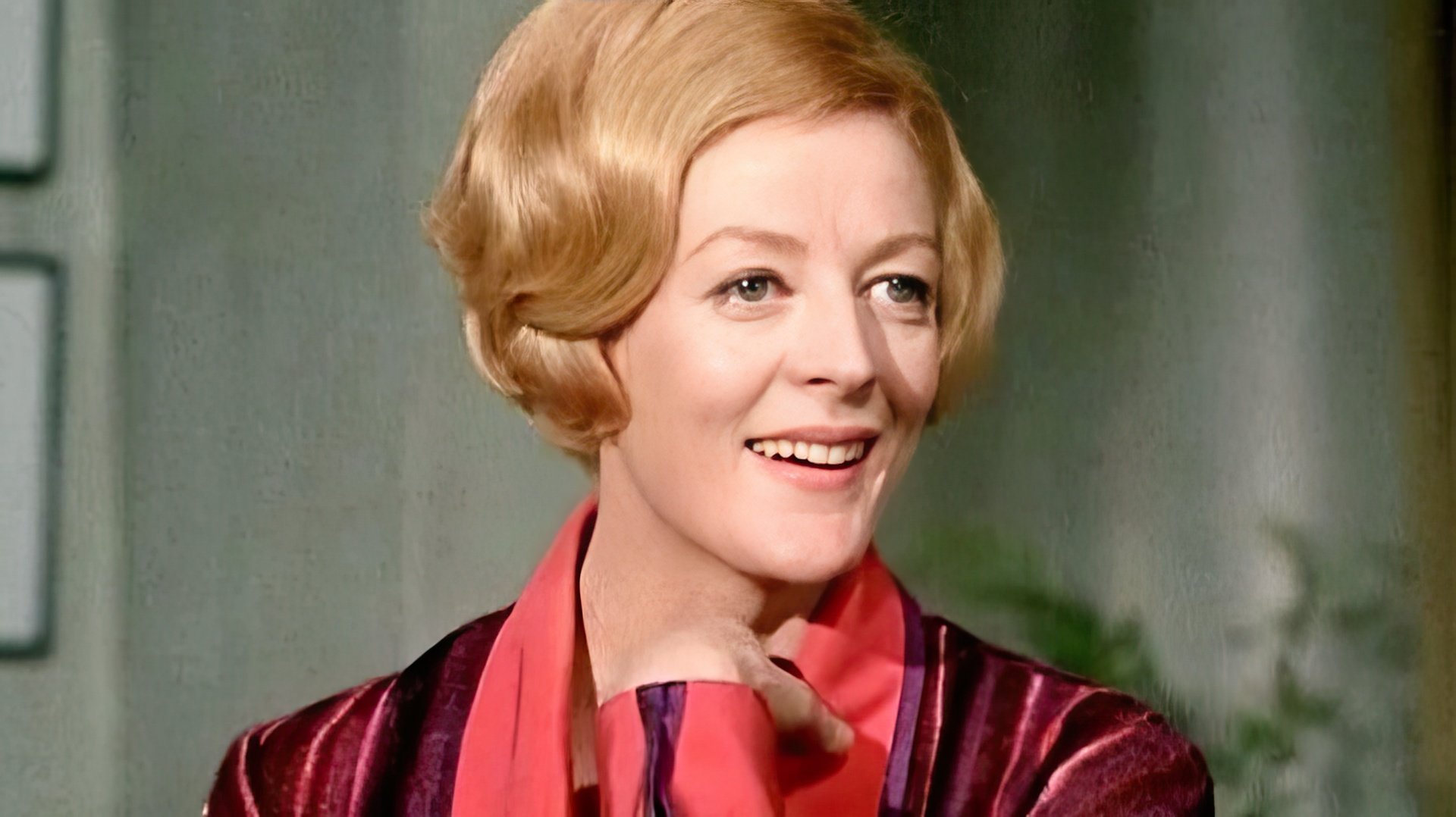
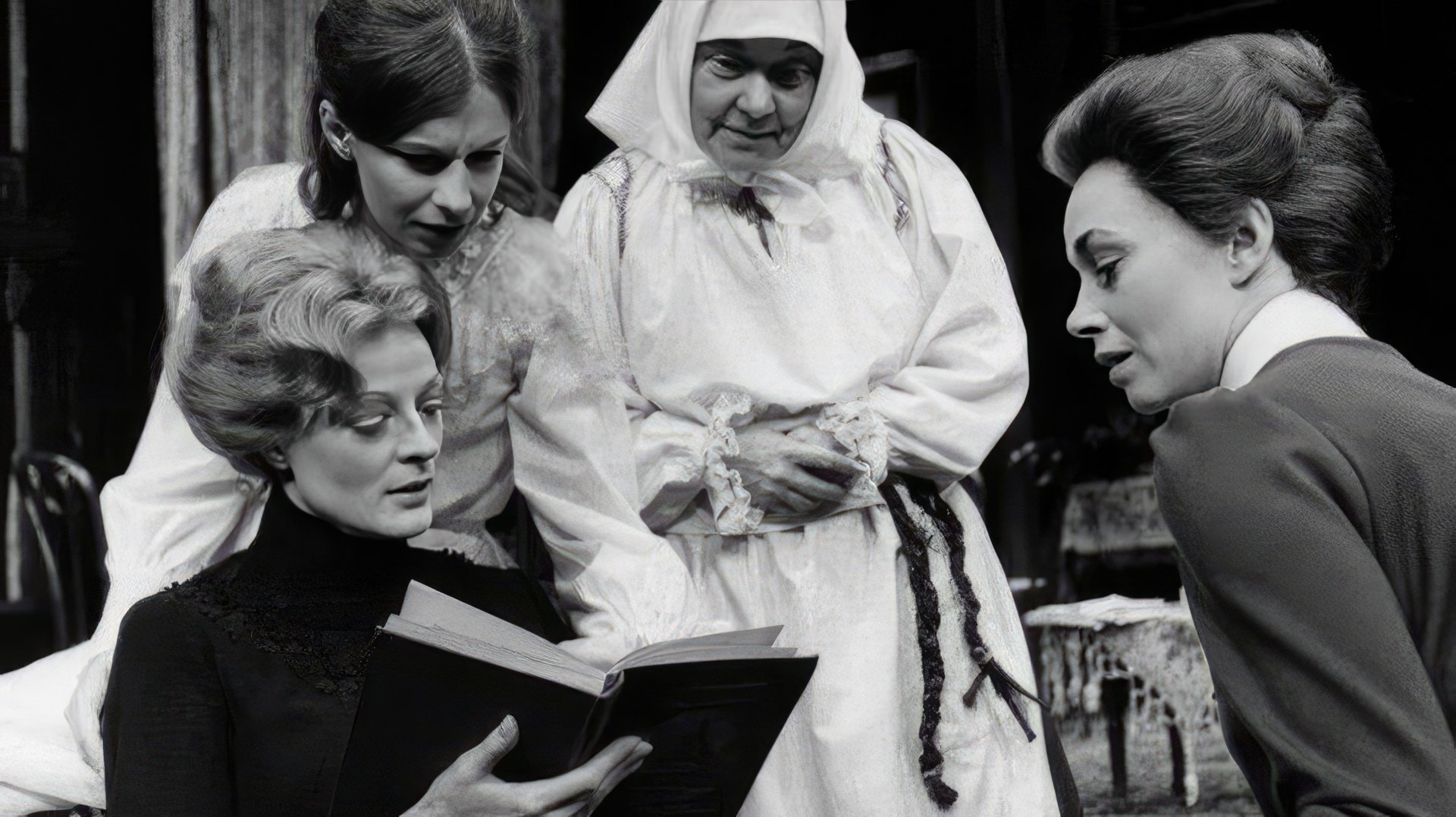
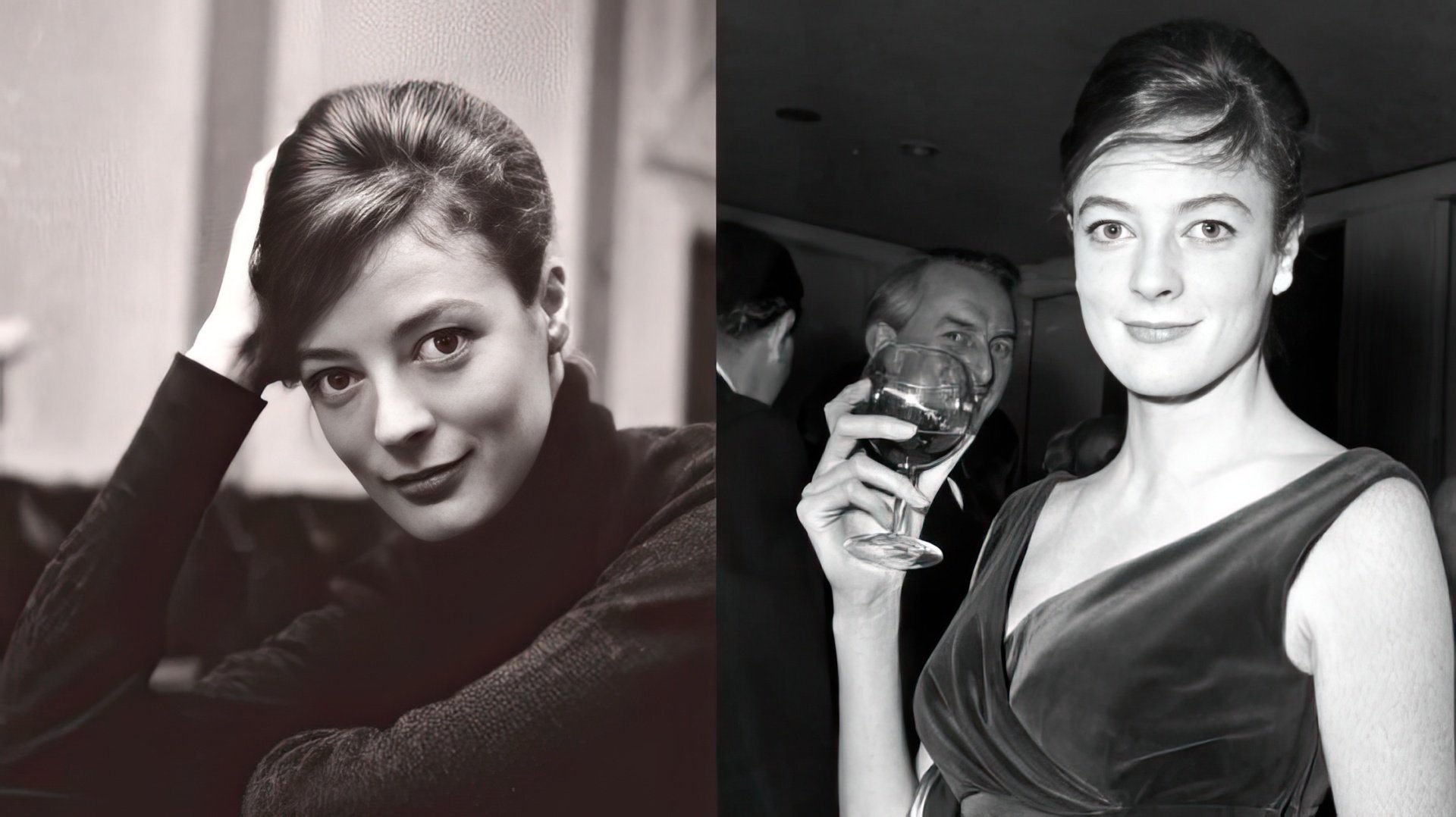
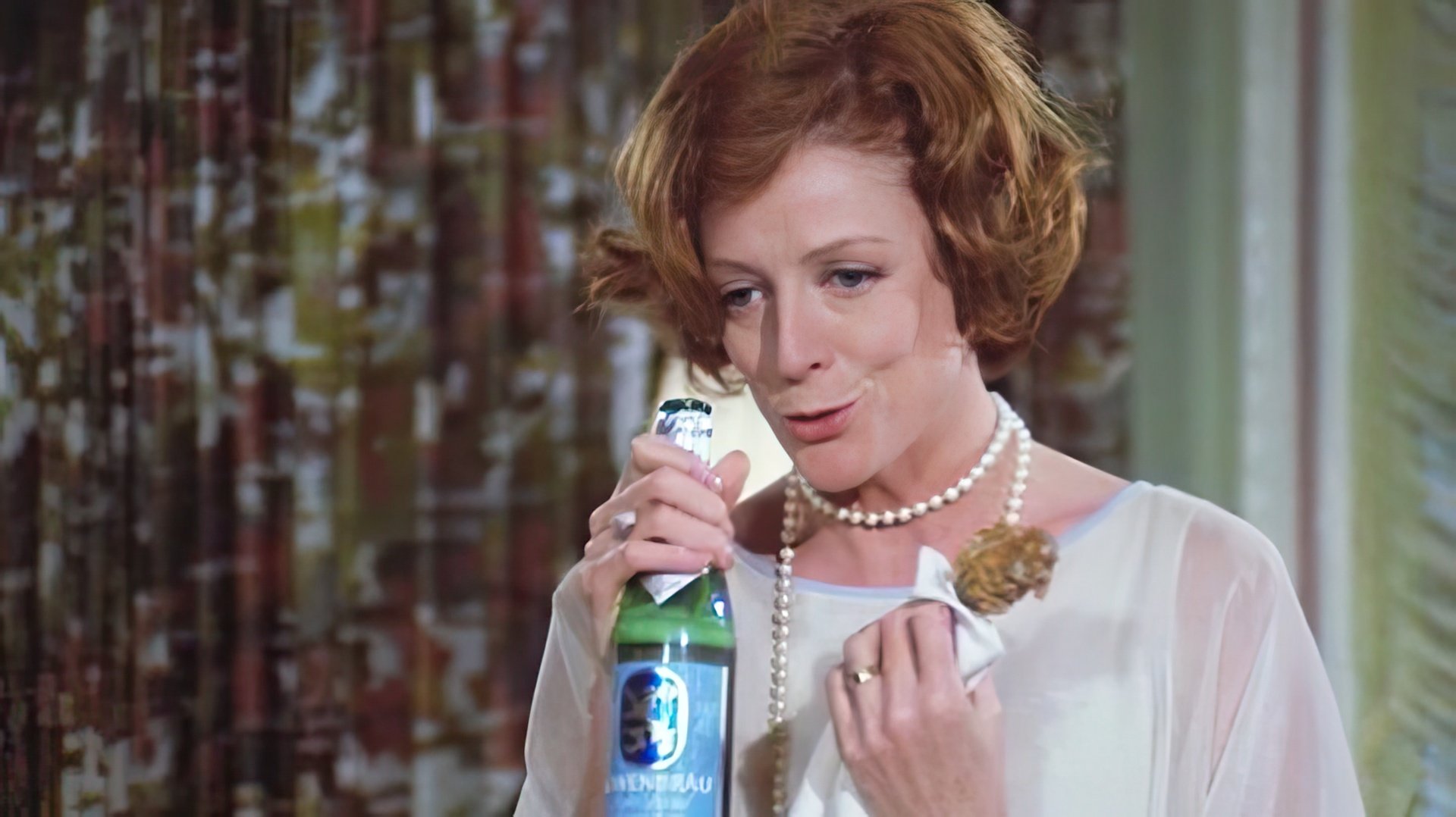
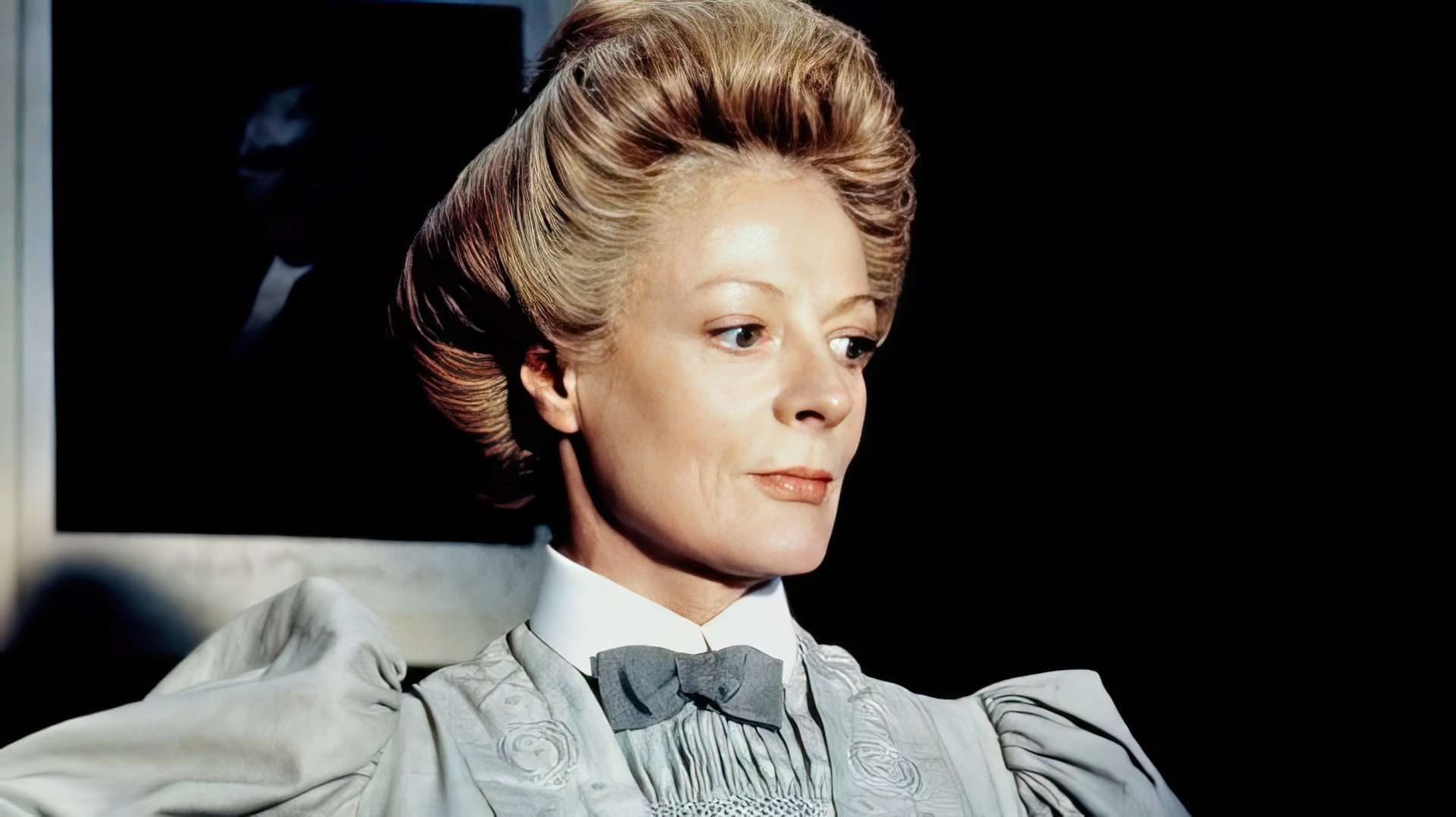
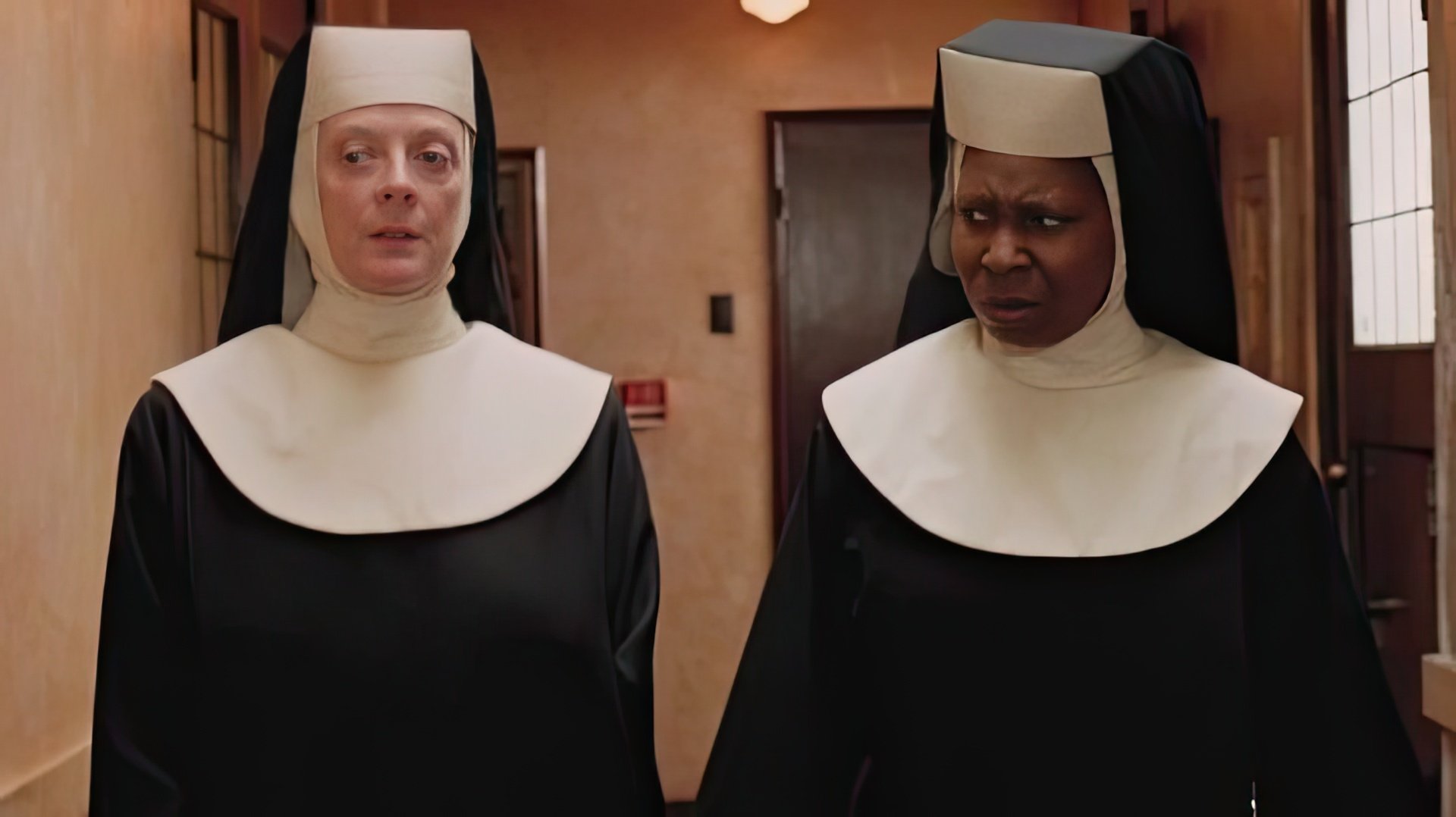
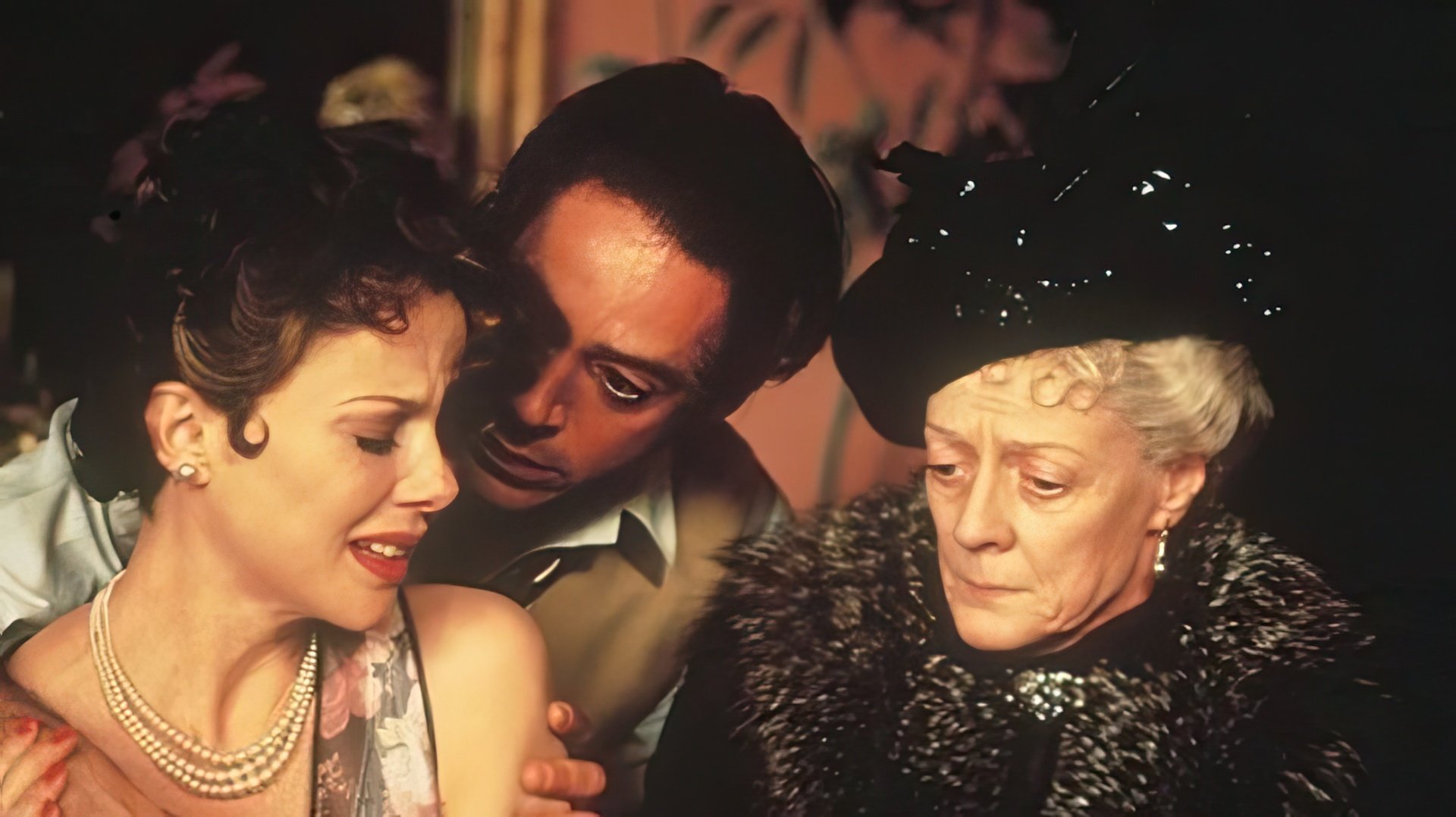
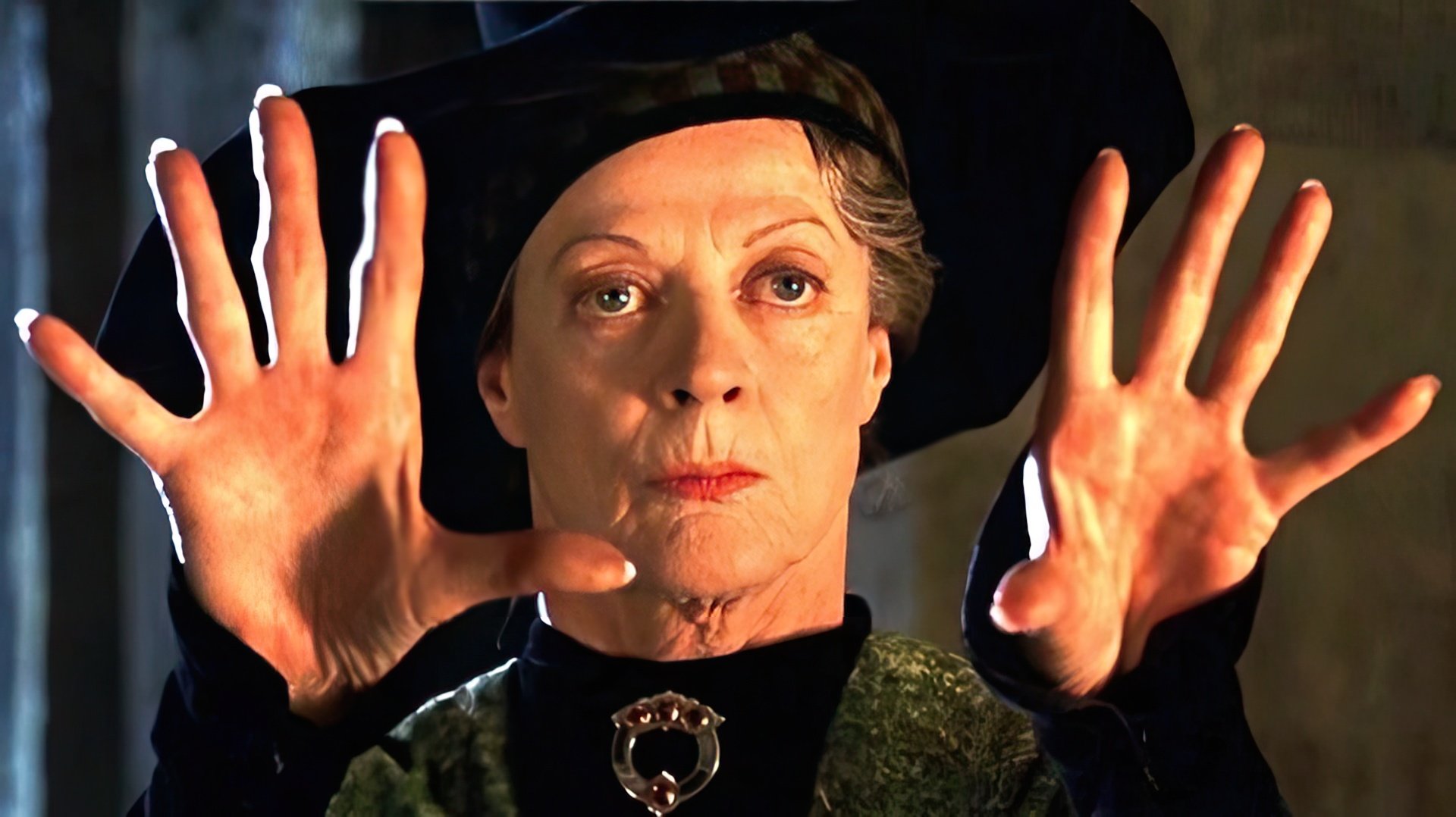
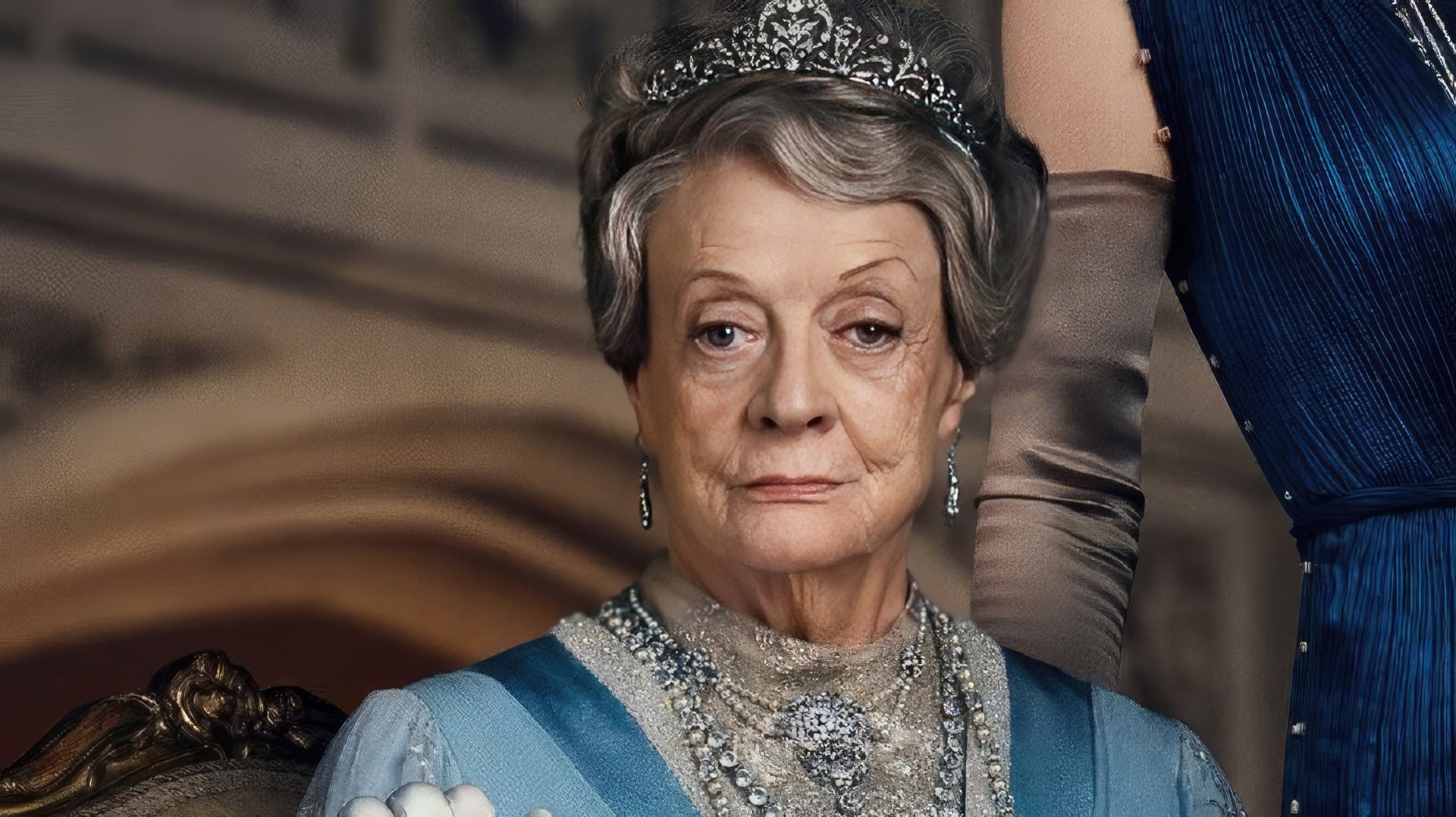
Maggie Smith's Personal Life
At eighteen, while playing Viola in "Twelfth Night," Maggie met Oxford history graduate and future playwright Beverley Cross. He was impressed by her performance on the student theater stage, and when he later saw her at the Old Vic, he couldn't hold back his feelings any longer.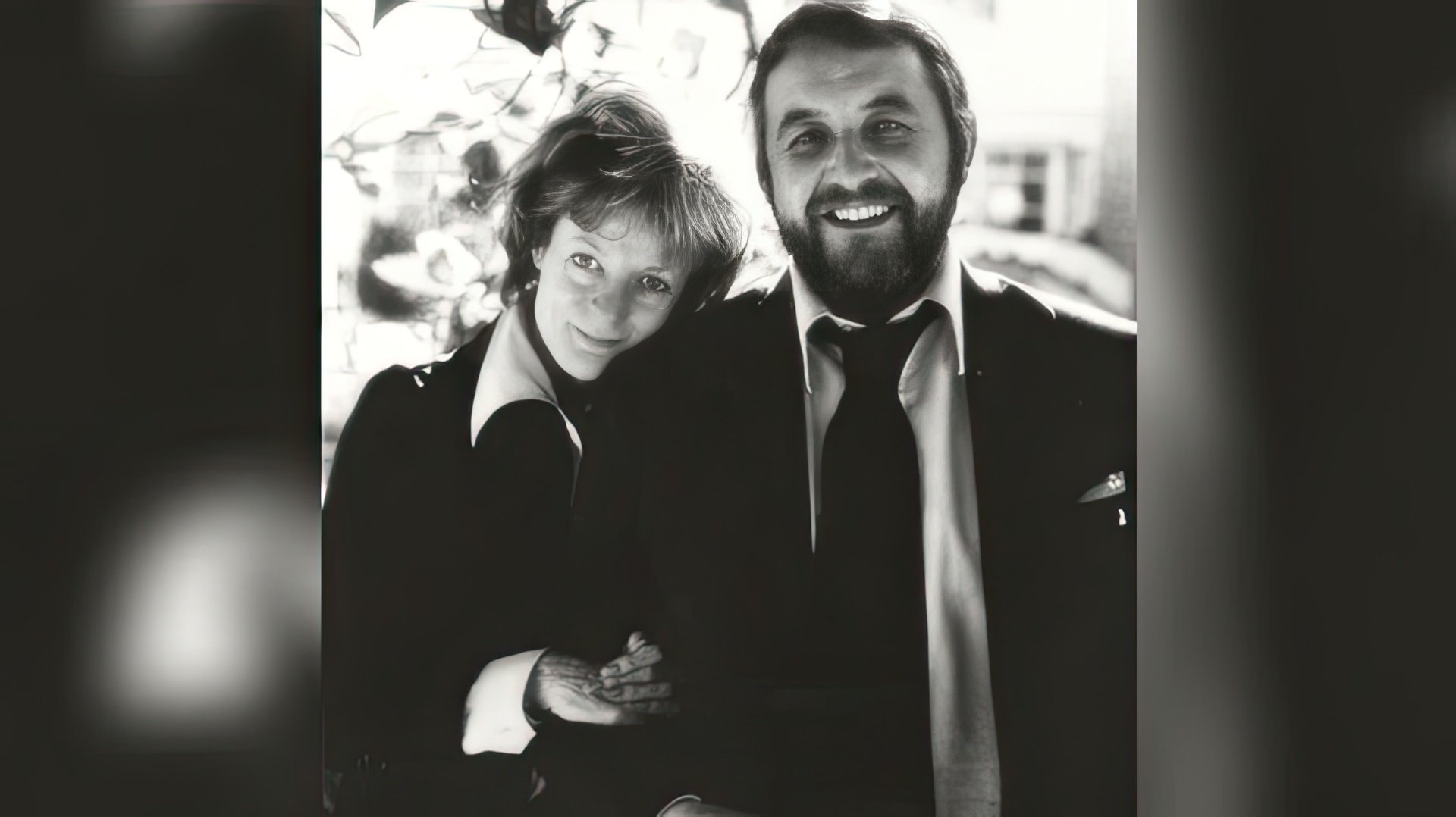
He was the one who suggested Maggie join the National Theatre troupe. Little did he know that Smith would fall hard for her colleague, actor Robert Stephens, at the theater. In 1967, Smith and Stephens got married.She is about 25 years old and she is very beautiful. Elegant and refined, like an international top model. With a great sense of humor. An amazing girl.
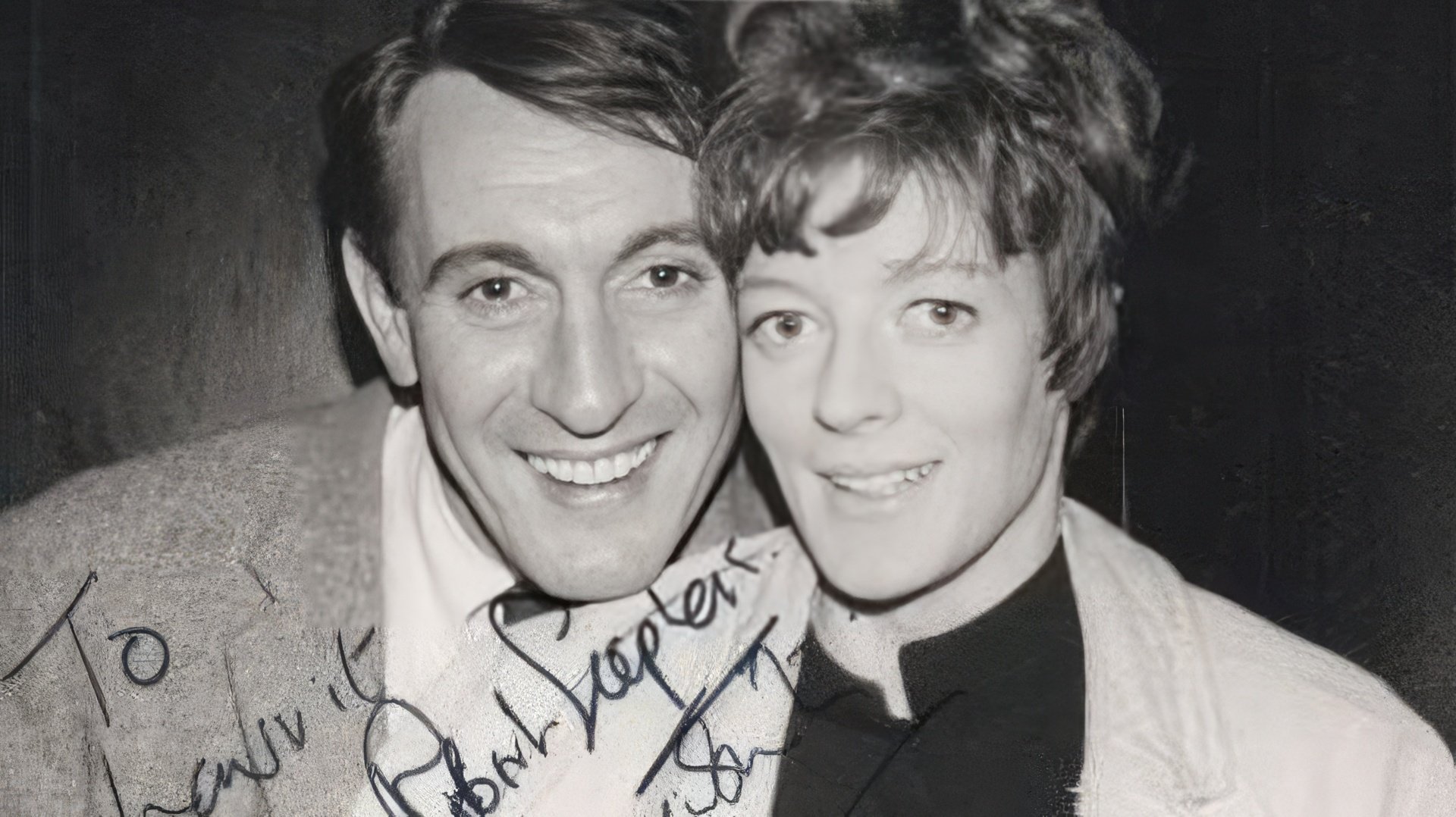
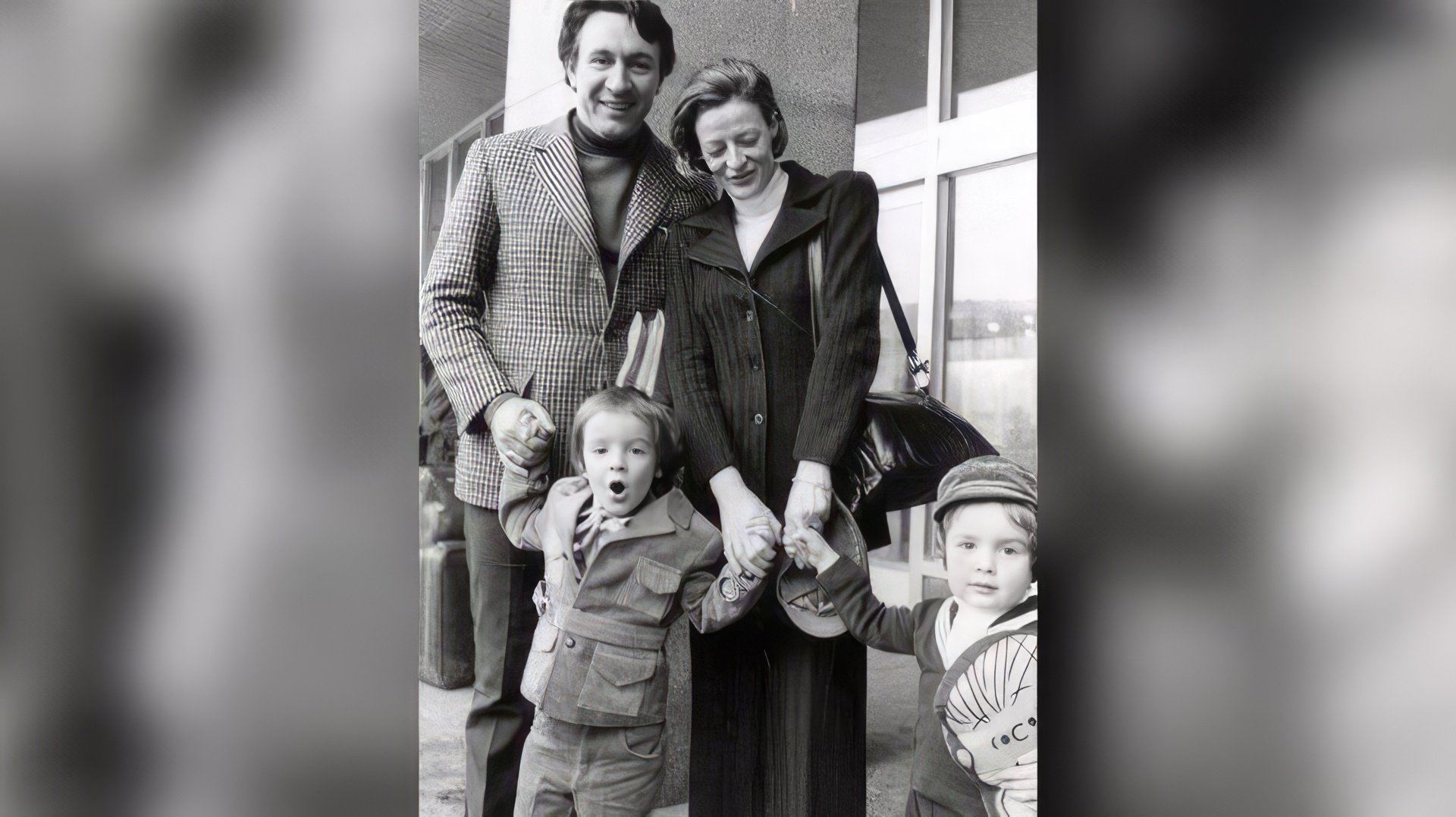
Arguments became increasingly frequent, and her husband's jealousy and affairs drove Maggie to despair. Later, the woman admitted in an interview that her husband had seen a doctor:
Even for her sons' sake, she couldn't take it anymore, and in 1975 she divorced her husband. That same year, the actress finally married her longtime friend Beverley Cross—when he learned his beloved was getting divorced, he immediately came back into her life and devoted himself to his wife and her children from her first marriage.He was diagnosed with 'hypermania', and when he asked what that meant, the doctor told him about sharp mood swings and disorderly sexual activity. I then thought: 'Yes, that's exactly it!'
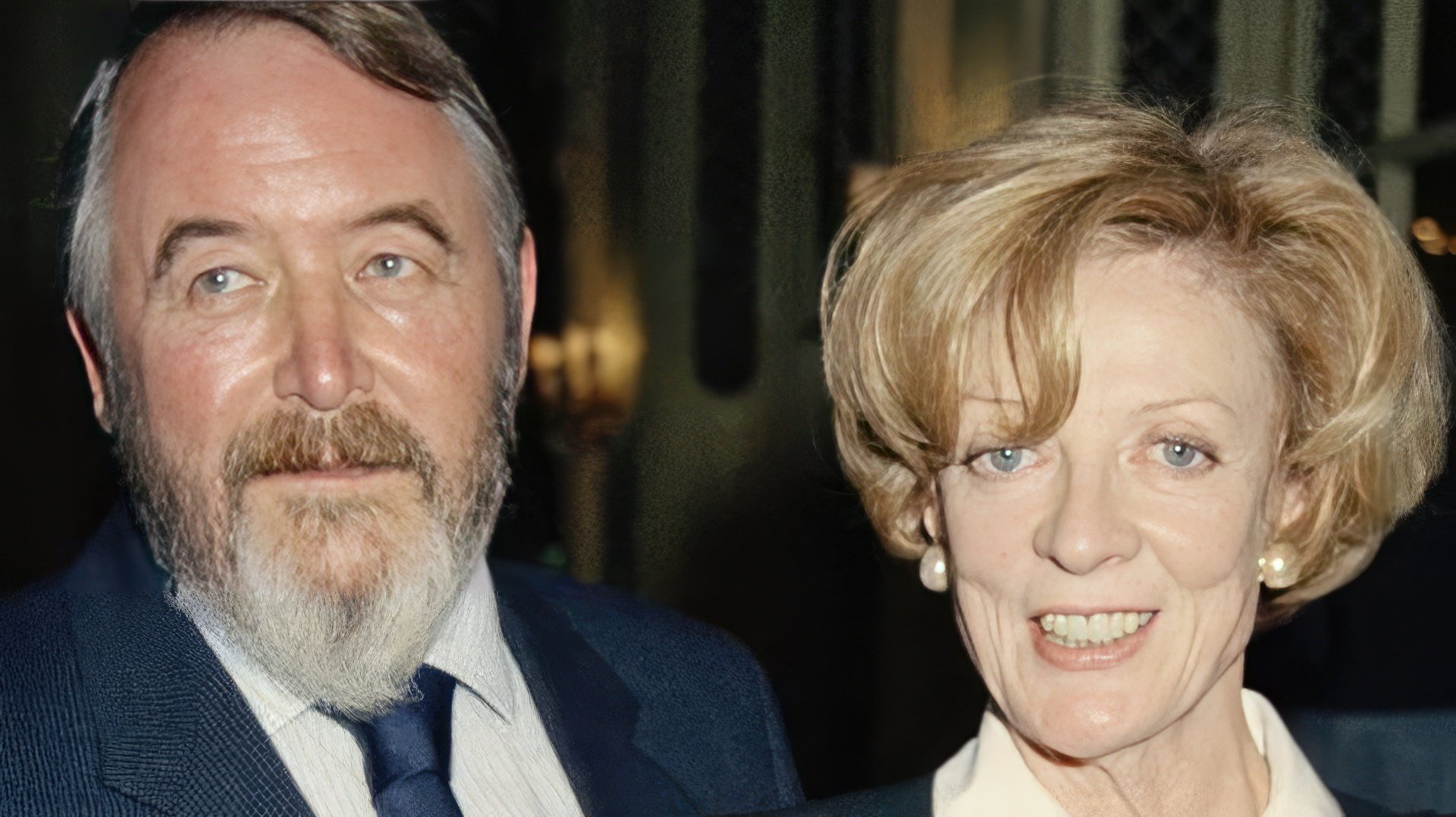
Final Years and Death
In 2021, she starred in the adventure fantasy "A Boy Called Christmas," playing Aunt Ruth. Smith also returned to her role as Violet Crawley in "Downton Abbey: A New Era." The film premiered in spring 2022.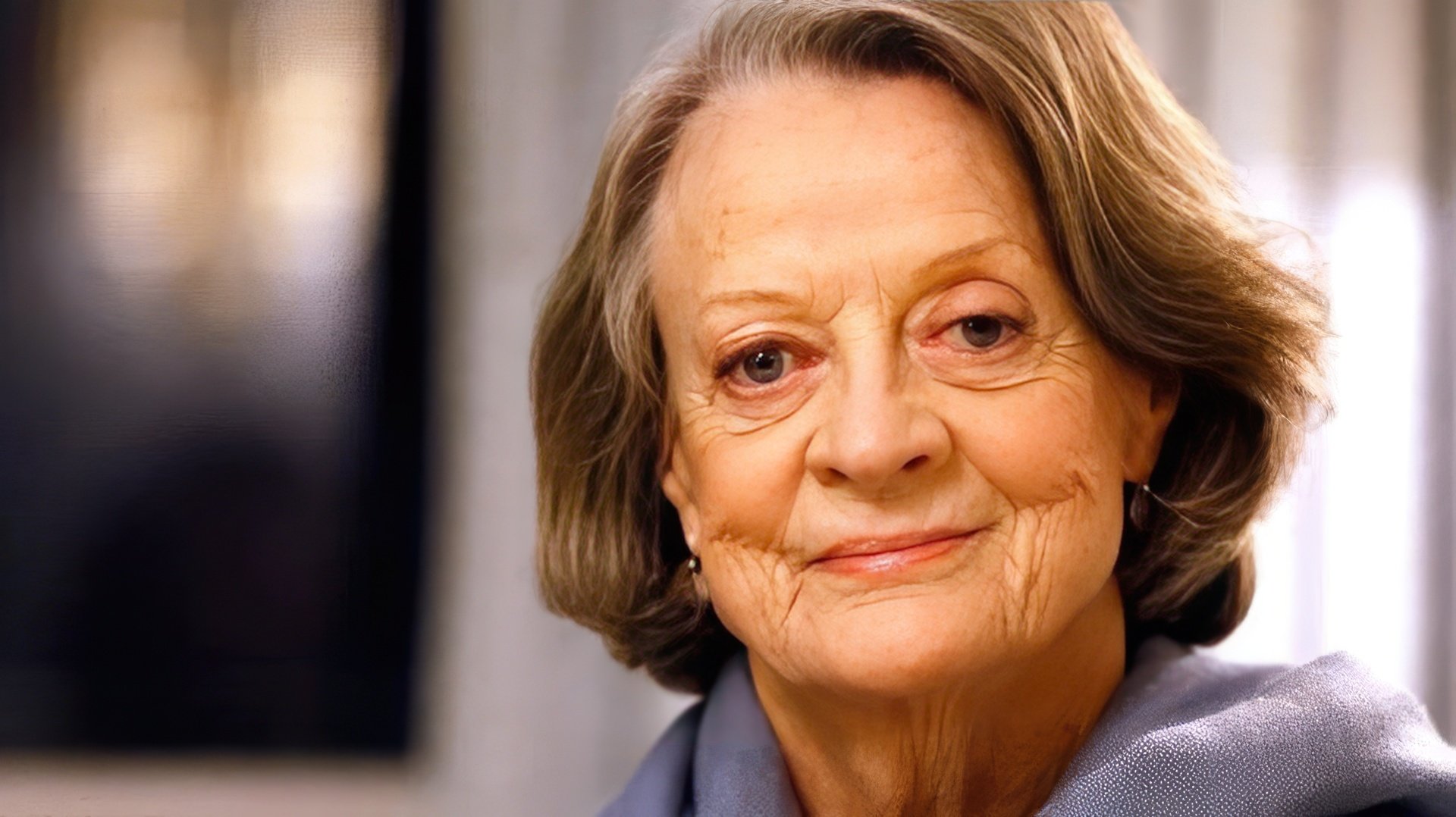
Maggie Smith passed away peacefully in the hospital early this morning, Friday, September 27. She was a very private person. In the end, she was with friends and family. She is survived by two sons and five loving grandchildren, who are devastated by the loss of their extraordinary mother and grandmother. We want to thank the wonderful staff at Chelsea and Westminster Hospital for their care and boundless kindness during her final days.
Interesting Facts
- Early in her career, Smith decided to get back at Laurence Olivier for his constant criticisms during rehearsals for "Othello." Olivier suffered from eye irritation because the mascara on his lashes stung and made his eyes water, ruining his makeup. Smith suggested false eyelashes and helped Olivier apply them, calmly reciting "How now, brown cow?" to which he replied just as calmly, "That's better."
- Smith faced serious illnesses twice in her life. In 1988, she was diagnosed with Graves' disease, underwent surgery, and received radiation therapy. While filming the final part of the Harry Potter series, she learned about a new diagnosis: breast cancer. She continued working on set while undergoing chemotherapy. She joked that chemotherapy "energized the Harry Potter makeup artists" – putting on a wig is much easier when you don't have a single hair on your head.
- Smith didn't enjoy social events. She preferred a quieter life: time in Chelsea, relaxing in Venice, or spending time with her friend Judi Dench. They met at the Old Vic Theatre and maintained a close friendship ever since. They appeared together in several films, including "A Room with a View" and "Tea with Mussolini."
- Smith holds the so-called Triple Crown of Acting. To achieve this, one must win the top awards for roles in film, theater, and television. Her awards collection includes several Oscars, Tonys, and Emmys.
Found an error? Select the text and press Ctrl+Enter
Error in the text? Select it — a send button will appear
Publication Details
